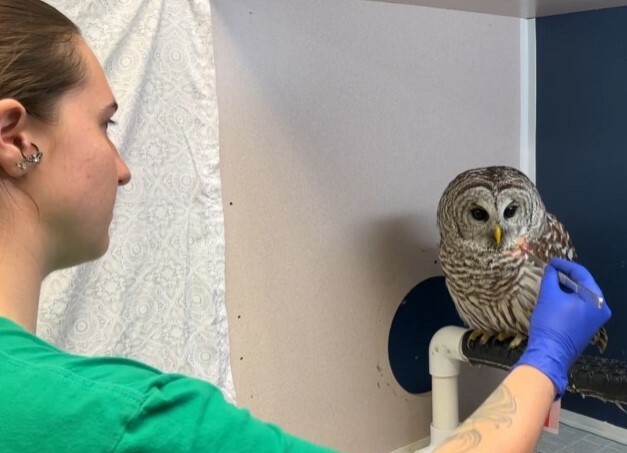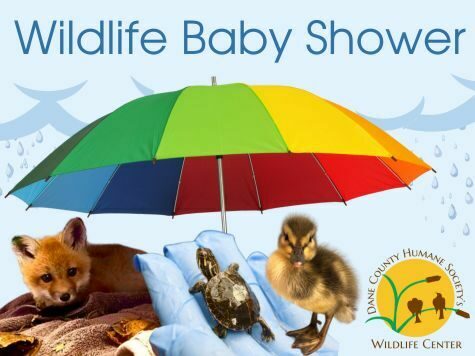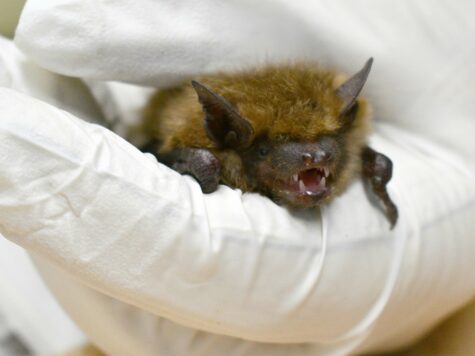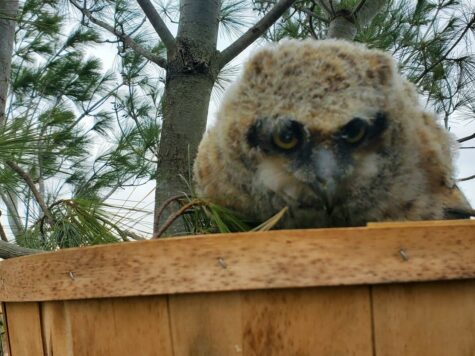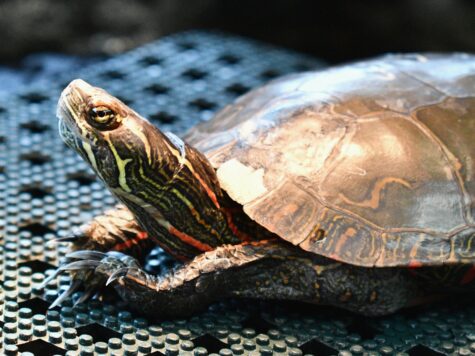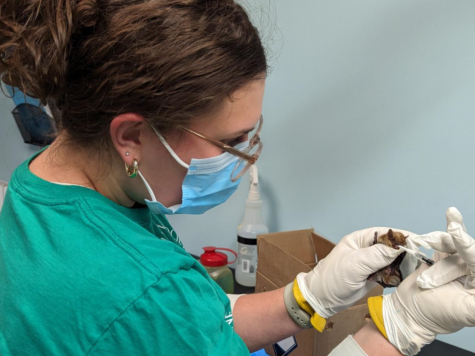Kayla Salmon, Fall Intern
Thinking back to the beginning of the internship, I have had the chance to experience and learn a lot of things. I went into this internship not knowing exactly what it is that I would be doing or getting the chance to learn, but I can honestly say everything I’ve gotten to do has been incredible! I have learned so much from everyone I had the pleasure of working with. I learned that it takes a lot of heart to do what the staff does. I have learned how to do blood draws on avian species and reptiles, learned restraint techniques, positions for common diagnostic radiographs, how to do physical exams, subcutaneous fluids, and taking care of incubator birds. I’ve also learned about enclosure setups and ensuring they have proper enrichment.
This internship has had a great impact on me, and I am grateful for all of the knowledge I have received. Getting the chance to work with such incredible wildlife that I could’ve only ever dreamed of seeing, let alone holding and helping, is something I will never forget. I really appreciate everyone at the Wildlife Center for giving me this opportunity and taking me under their wing to teach me everything that I have learned.
Top Photo: Kayla tweezer-feeds an injured barred owl who can't see well due to eye trauma.
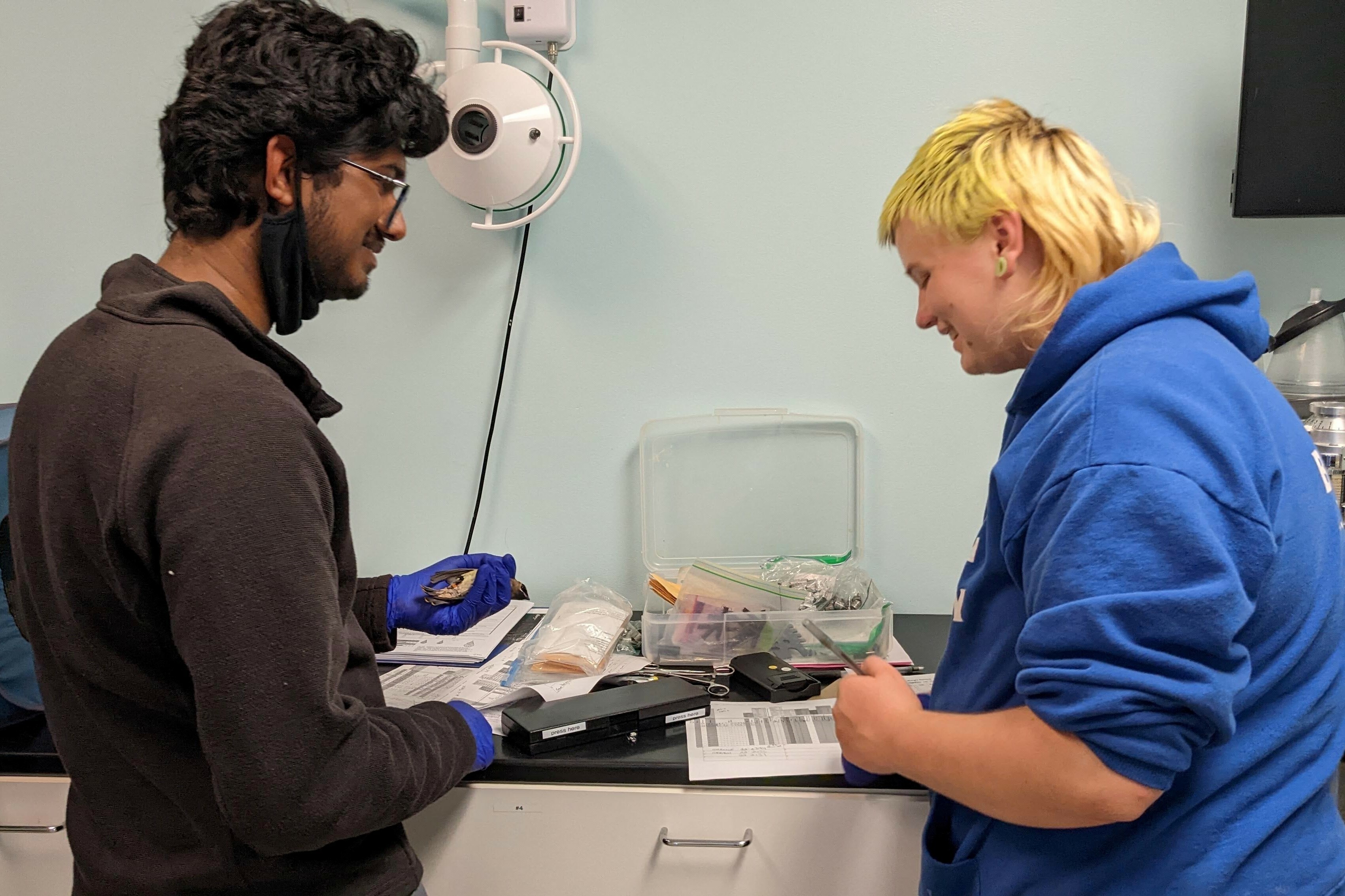
Jay Pettey, Fall Intern
From getting the chance to get to know my heroes to being able to live my dream even for a short while, this experience has been revolutionary for me as a human being. It has taught me skills and understanding that no textbook ever could and has fulfilled me like a large fish to a hungry pelican. I have grown so much over the past three months, and the change is palpable. I have a better understanding about the species that inhabit our area and can identify a far greater number than I originally could. I understand more about how and why these animals may need human intervention and how we are unfortunately the cause of many of the issues they suffer from. In the future, I will take many more steps to minimize my impact.
Stipends to support interns during the spring/fall term are $750, while summer terms are $1,200. Interested in sponsoring the education of an intern and helping grow the number of wildlife rehabilitators in Wisconsin?
